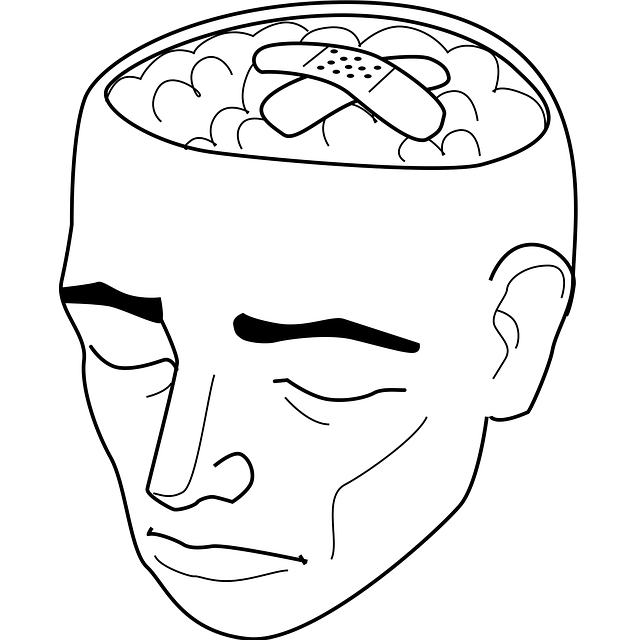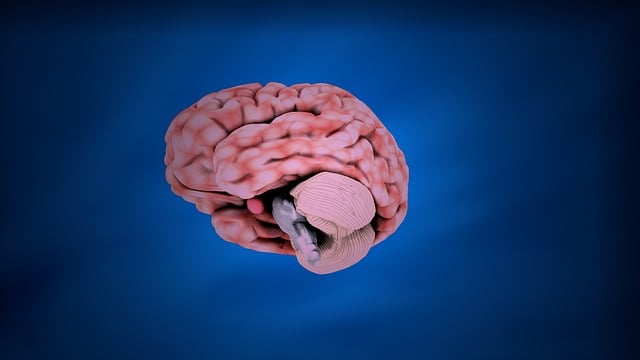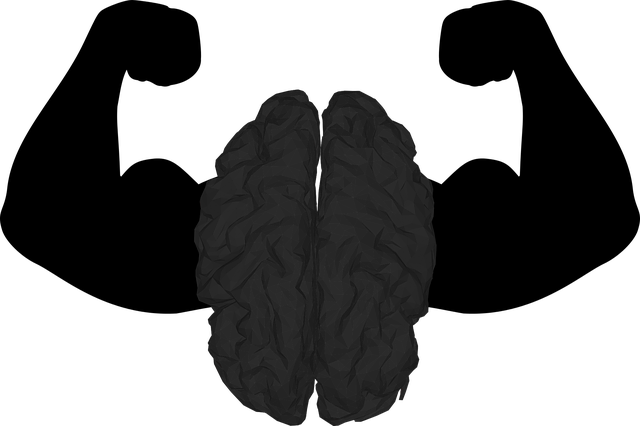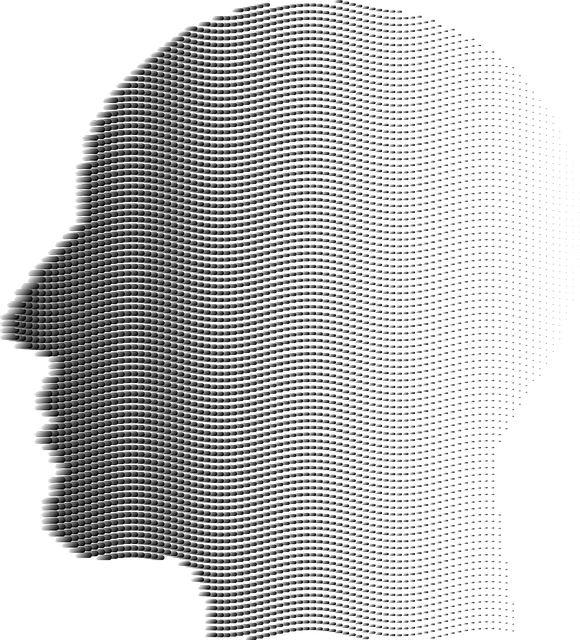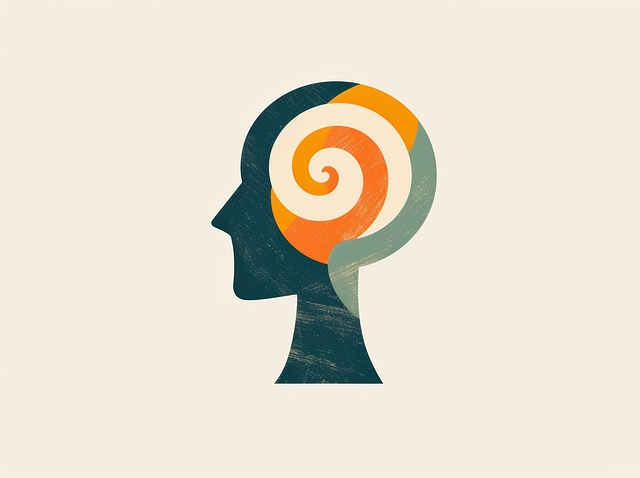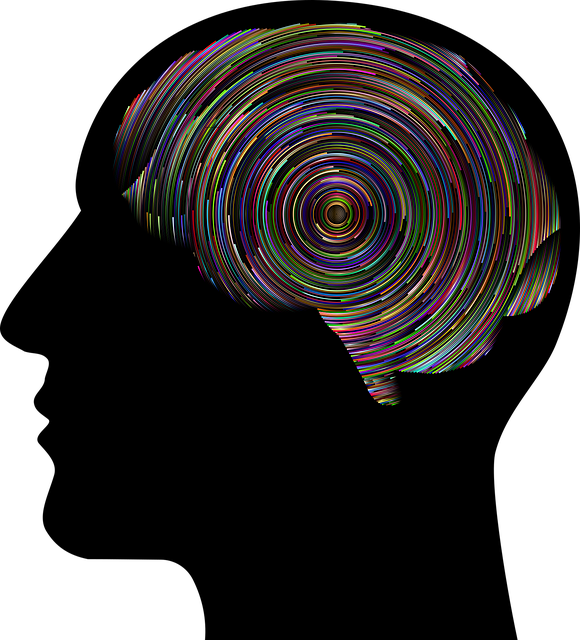TL;DR:
Therapy for ADD-ADHD combines medication with behavioral interventions to manage symptoms like impulsivity, hyperactivity, and difficulty focusing. Key strategies include mental wellness journaling, burnout prevention techniques, building resilience through growth mindsets, and crisis intervention tailored to individual needs. Structured therapy sessions (e.g., CBT) teach mindfulness, emotional regulation skills, and coping mechanisms for stress, anxiety, and mood fluctuations. Cultural competency training ensures tailored interventions, and risk management planning helps mitigate high-risk situations. Ongoing education programs enhance professionals' crisis intervention skills, supporting clients' mental wellness journeys.
In today’s fast-paced world, managing crises related to Attention Deficit Disorder (ADD) and Attention Deficit Hyperactivity Disorder (ADHD) is a critical aspect of mental health support. This comprehensive guide explores effective crisis intervention strategies tailored to the unique challenges faced by individuals with ADD-ADHD. From understanding key symptoms to practical daily implementation, we delve into evidence-based therapy techniques that can revolutionize care. Discover how specialized therapy plays a pivotal role in mitigating crises and enhancing the overall well-being of those diagnosed with ADD-ADHD.
- Understanding ADD-ADHD: Symptoms and Challenges
- Crisis Intervention Techniques for ADD-ADHD
- Role of Therapy in Managing ADD-ADHD Crises
- Practical Strategies for Daily Implementation
Understanding ADD-ADHD: Symptoms and Challenges

ADD-ADHD, or Attention Deficit Disorder with Hyperactivity and Impulsivity, is a neurodevelopmental condition characterized by challenges related to focus, impulse control, and hyperactivity. Understanding these symptoms is crucial for effective crisis intervention strategies. Individuals with ADD-ADHD may struggle with staying on task, organizing tasks, and managing impulsivity, leading to feelings of frustration and decreased productivity. They might also exhibit excessive physical movement or verbal impulsiveness, which can be misconstrued as misbehavior. Recognizing these behaviors as part of a broader condition is essential for providing appropriate support.
Therapy for ADD-ADHD often involves a combination of medication and behavioral interventions. Mental wellness journaling exercises can help individuals track their symptoms, identify triggers, and develop coping strategies. Burnout prevention techniques, such as regular breaks and structured routines, are also beneficial. Resilience building is another key aspect, encouraging individuals to view challenges as opportunities for growth and fostering a sense of self-efficacy. This comprehensive approach, backed by guidance from professionals, can significantly improve the management of ADD-ADHD symptoms and enhance overall mental wellness.
Crisis Intervention Techniques for ADD-ADHD

Crisis intervention techniques play a crucial role in supporting individuals with Attention Deficit Disorder (ADD) or Attention-Deficit/Hyperactivity Disorder (ADHD), especially during times of heightened distress or crisis. One effective approach is to encourage and facilitate the development of inner strength, enabling these individuals to manage their symptoms and regulate their emotions more effectively. Through tailored therapy for ADD-ADHD, professionals can guide clients in identifying and leveraging their unique strengths and coping mechanisms. This process empowers them to navigate challenges with resilience and adaptability.
Community outreach program implementation is another valuable strategy. By connecting individuals with ADHD to support networks and communities, they gain access to resources and peers who understand their experiences. These programs foster a sense of belonging and provide opportunities for skill-building workshops focused on emotional regulation. Teaching strategies such as mindfulness, stress management, and social skills training can significantly enhance an individual’s ability to cope with crises and promote overall well-being.
Role of Therapy in Managing ADD-ADHD Crises

Therapy plays a pivotal role in managing crises related to Attention Deficit Disorder (ADD) or Attention Deficit Hyperactivity Disorder (ADHD). It offers individuals coping mechanisms and strategies to navigate their symptoms, which can be particularly beneficial during intense episodes. Through structured therapy sessions, individuals with ADD/ADHD can learn to identify triggers, develop effective mindfulness practices, and enhance their emotional regulation skills. Cognitive Behavioral Therapy (CBT), for instance, equips them with tools to challenge negative thought patterns and improve impulse control.
In the context of trauma support services, therapy provides a safe space for individuals to process past traumas, which is essential as unaddressed trauma can exacerbate ADD/ADHD symptoms. Healthcare provider cultural competency training emphasizes the importance of understanding the unique needs of diverse populations with ADD/ADHD, ensuring tailored interventions and building trust between clients and care providers. Additionally, focusing on coping skills development during therapy empowers individuals to better manage stress, anxiety, and mood fluctuations associated with these disorders, thereby fostering resilience in crisis situations.
Practical Strategies for Daily Implementation

In implementing crisis intervention strategies, mental health professionals must incorporate practical techniques tailored to daily practice. One effective approach is adopting a structured assessment process, enabling quick identification of individuals’ unique needs. This involves gathering comprehensive information about their symptoms, triggers, and coping mechanisms, especially for those seeking therapy for ADD-ADHD. By understanding the individual’s perspective and cultural background, practitioners can deliver culturally sensitive care, addressing potential barriers to treatment.
Risk management planning is another crucial aspect. Professionals should encourage clients to create personal safety plans, identifying high-risk situations and developing strategies to mitigate them. This proactive approach, combined with ongoing mental health education programs designed to enhance crisis intervention skills, ensures that practitioners are equipped to handle diverse crises effectively while fostering a supportive environment for individuals navigating their mental health journeys.
In conclusion, managing crises related to ADD-ADHD requires a multifaceted approach. By understanding the unique symptoms and challenges associated with this condition, we can implement effective crisis intervention techniques and the right therapy for ADD-ADHD. Combining these strategies with practical daily implementation allows individuals to lead more balanced lives. Recognizing the importance of therapy in crisis management is key to fostering resilience and overall well-being for those navigating ADD-ADHD.

